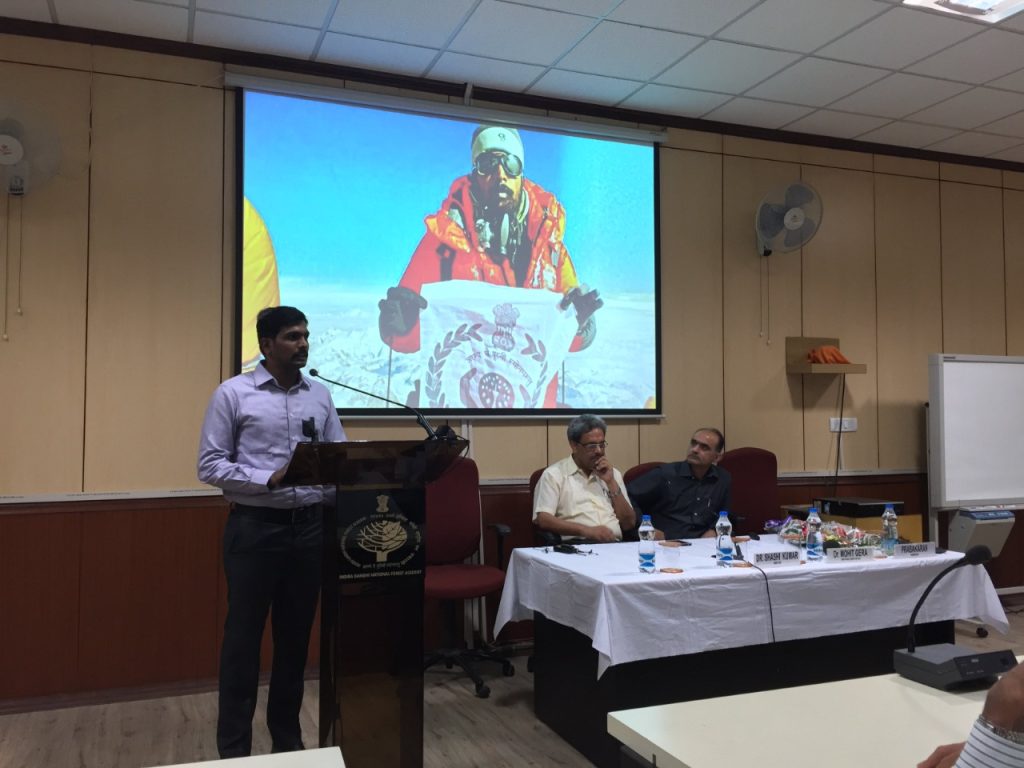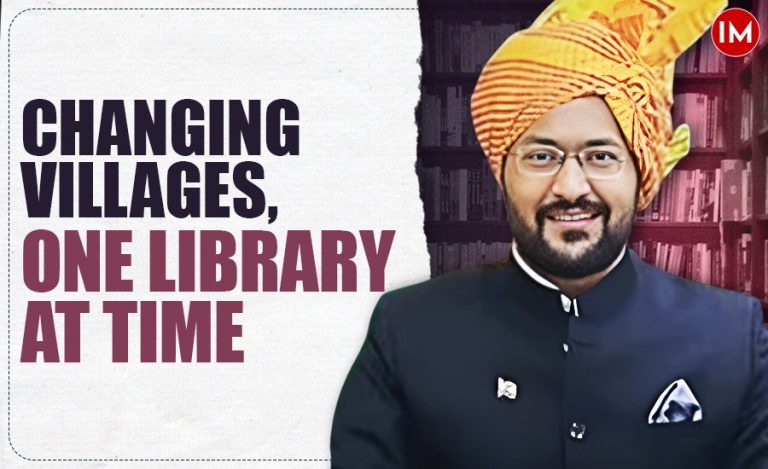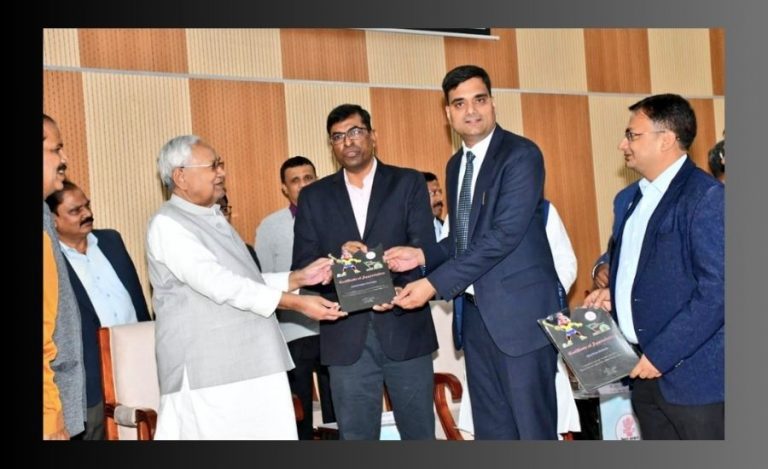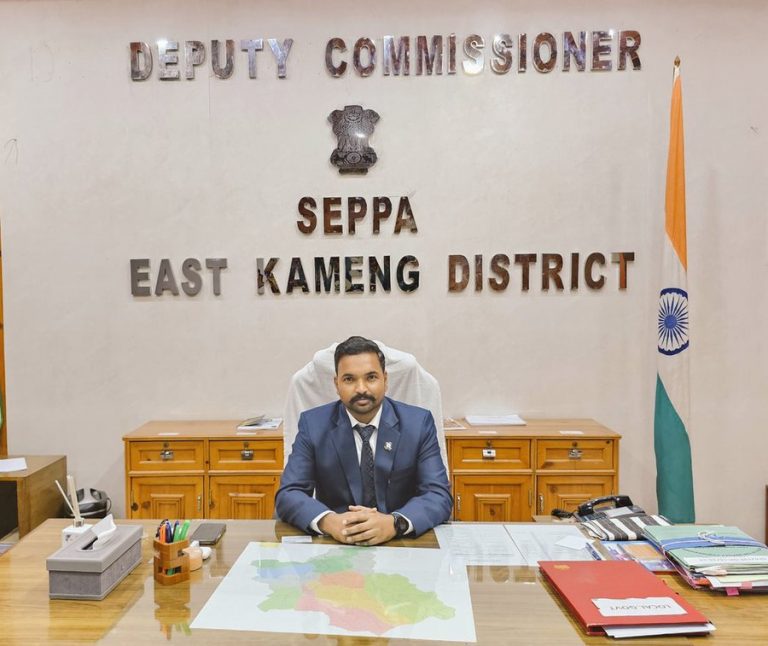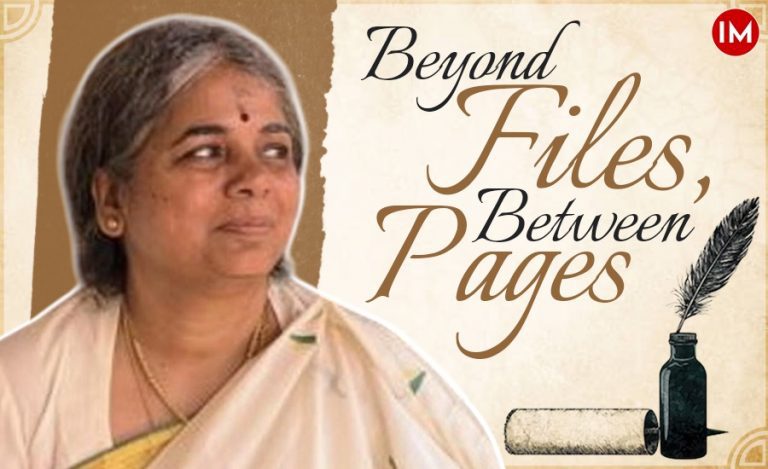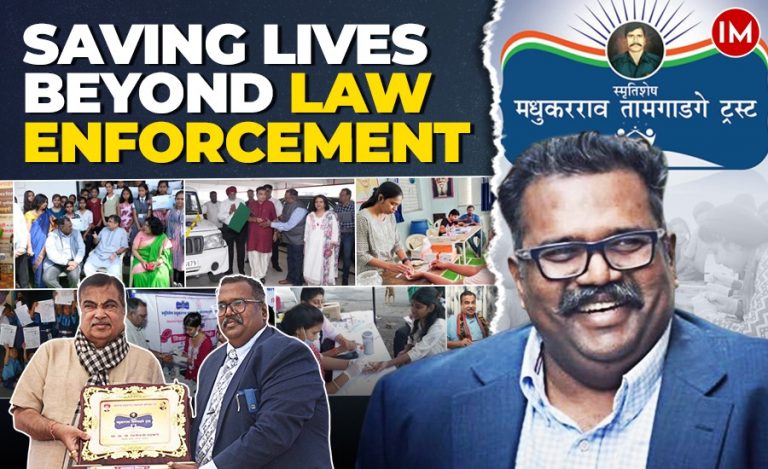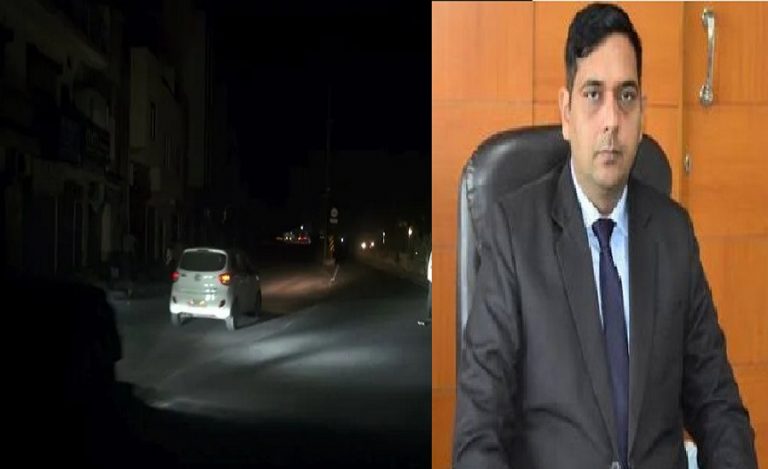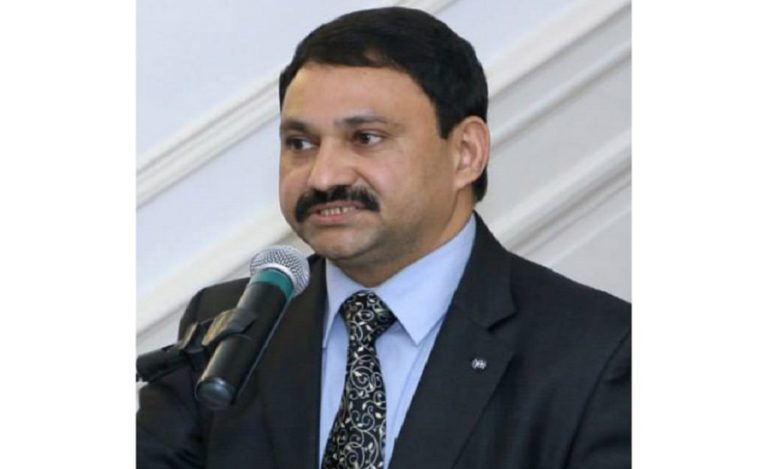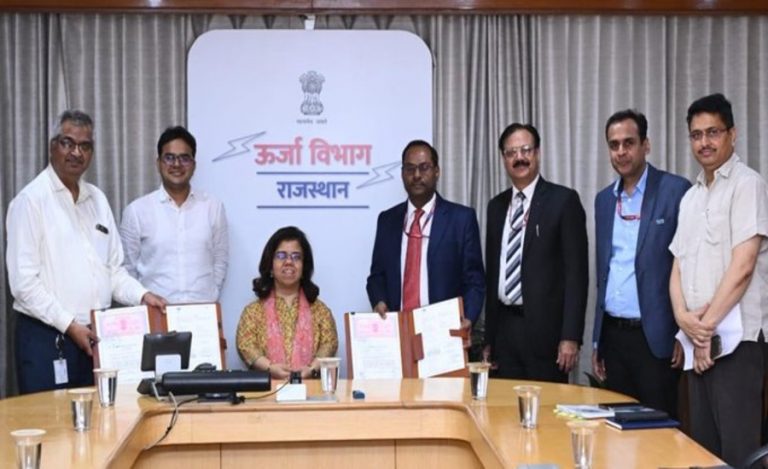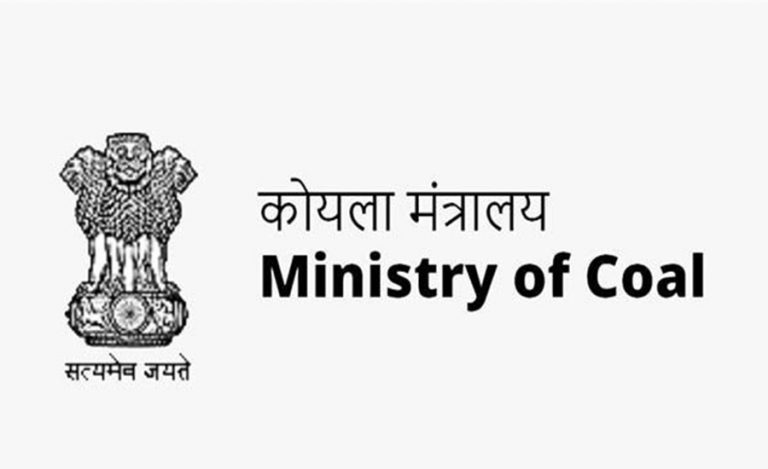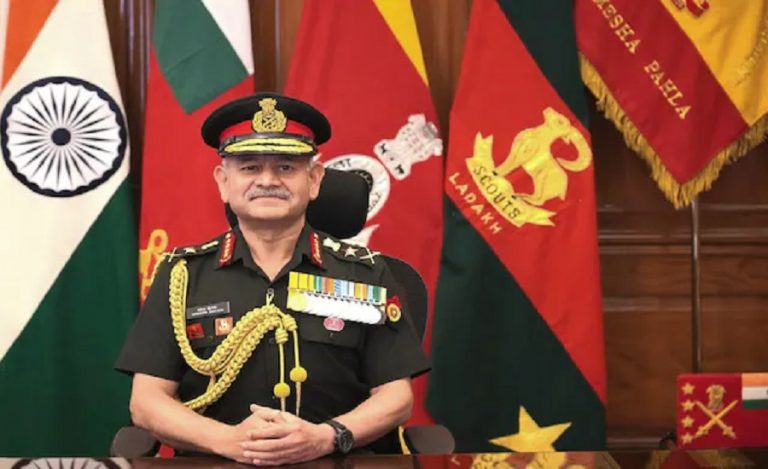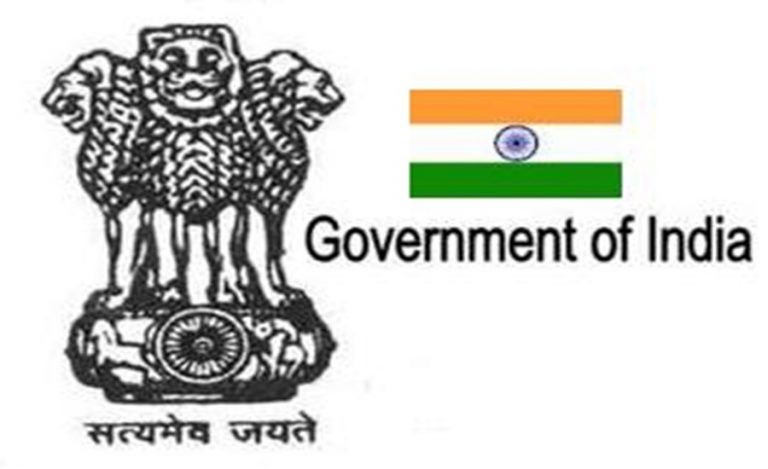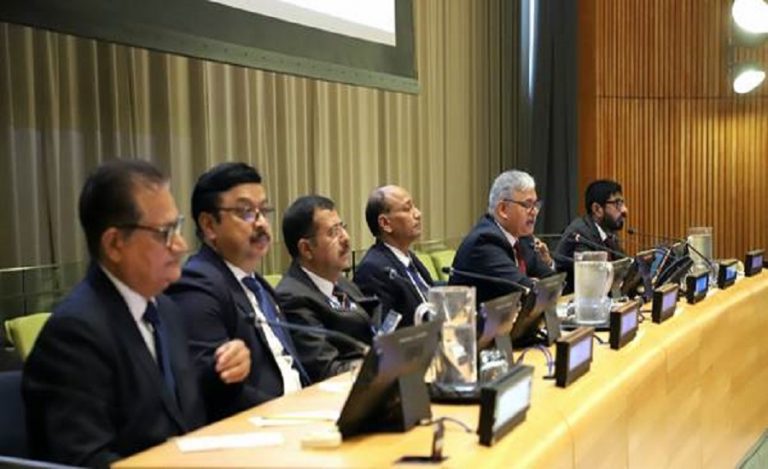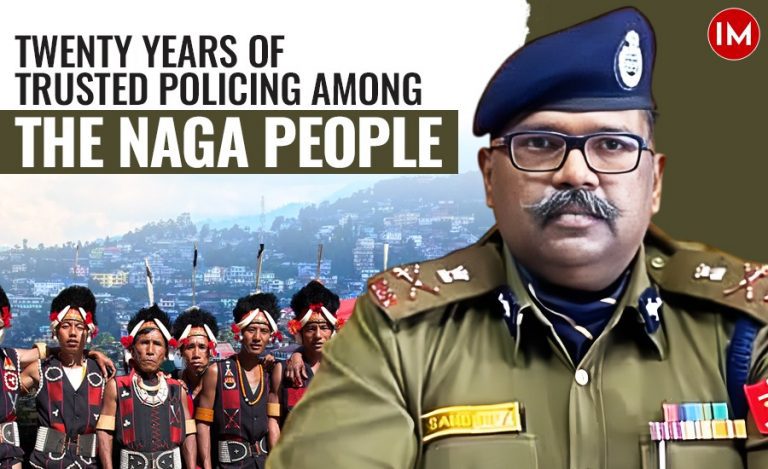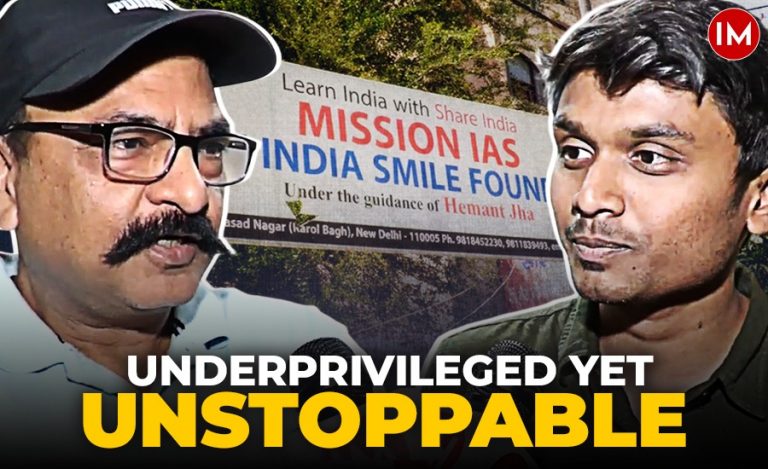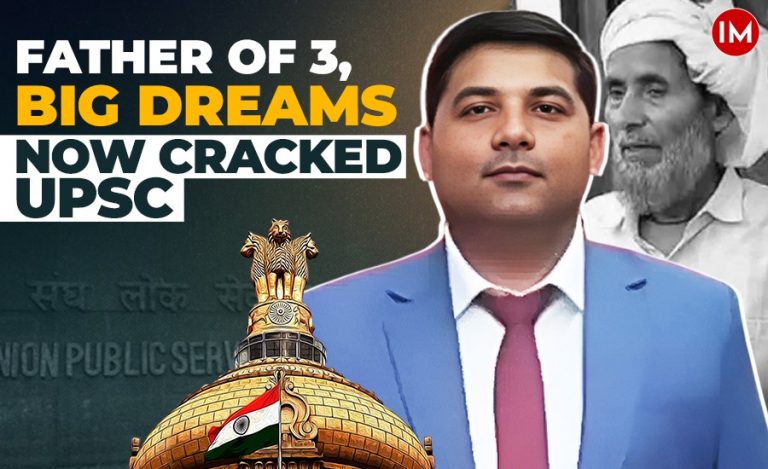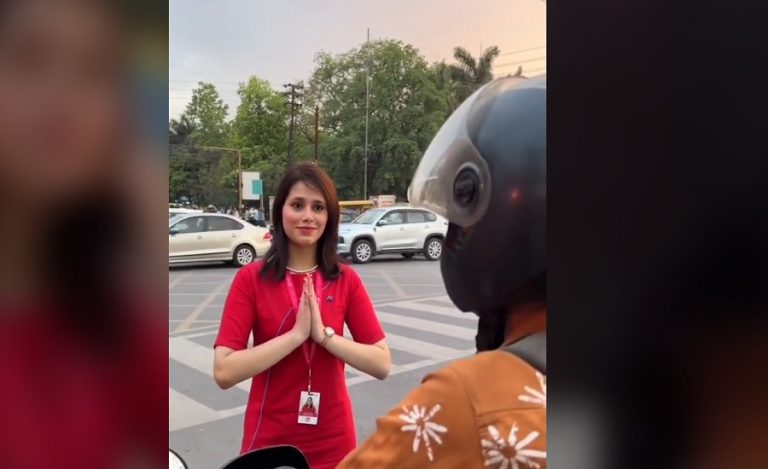When IFS officer S. Prabhakaran summited Everest in 2016, it was a moment of double triumph for him. He conquered the mountain and his asthma condition at the same time. He became India’s first Indian Forest Service officer to reach the top of the highest mountain of the world, and in doing so, he defeated asthma to climb and survive one of the most difficult terrains in the world.
He survived a near-death situation and extremely harsh climactic conditions in the ‘death zone’ where oxygen is minimal, and the body starts to shut down.For an asthma patient to survive such conditions is a big victory, indeed.
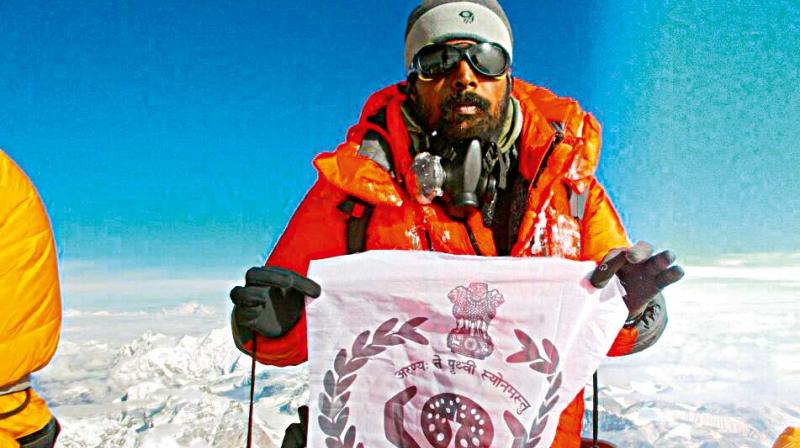
FAILED FIRST ATTEMPT
This was not the first time that Mr. Prabhakaran had climbed the peak. In 2015, he was part of a five-member team of officers that went on a Himalayan expedition flagged off by Prime Minister Narendra Modi. The expedition took place from the Southern side (Nepal side) but could not be completed due to an unexpected snow avalanche that season.
“The team was set to scale the peak from the south side, which is considered to be the safest, but we were hit by an avalanche. We had to stop the trek at around 5,000 mts. I returned with a heavy heart but pledged to do this once again,” Mr. Prabhakaran said.
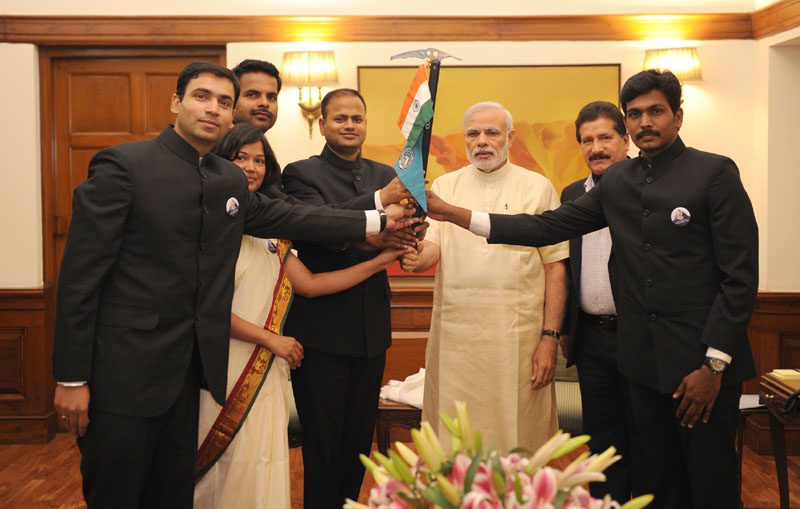
SECOND CHANCE
With the encouragement of the forest department and a Hyderabad-based sponsor, he was able to join a six-member team and climb the mountain once again. His team consisted of an IPS officer from Maharashtra, a woman Additional Superintendent of Police from Telangana, a tribal from Andhra Pradesh, and two others.
Sh. S Prabhakaran – the first IFS officer to have scaled Mount Everest – was felicitated today by Dr. Shashi Kumar, Director, IGNFA. pic.twitter.com/FE9SeRXU06
— IGNFA (@IGNFA_GoI) September 29, 2016
“This time, I decided to scale the peak from the North route, which is considered the toughest and most dangerous.Southern side is frequented by many Indians and foreigners, but very few climb from the northern side, with limited rescue operations making it more challenging,” he said.
The team headed by road from Lhasa in Tibet to the Mount Everest Base Camp situated at a height of 5,300 metres. They started climbing towards the next base camp at a height of 5,900 metres and then to the advanced base camp which is the final camp at a height of 6,400 metres.
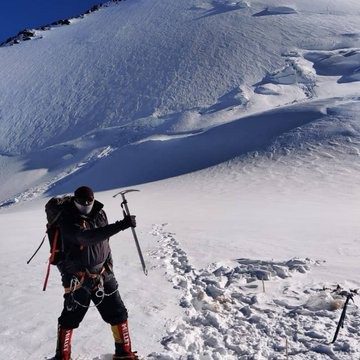
“Here we follow the golden rule of mountaineering – climb high and sleep low. That is to acclimatise our lungs for low oxygen levels. It’s from this point that our actual mountaineering starts. We have to use the leg gear and climb,” he said.
After climbing for a week, the team reached a height of 7,100 meters which is called the North Col. “We stayed at the point all night without oxygen. It was a test of endurance for all of us. Climbing from here was very tough as we had to carry our equipment and oxygen cylinders weighing 6 kg apart from other luggage, till we reached Camp 3, which is at 8,300 metres,” he said.
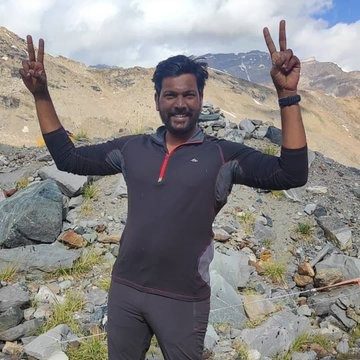
NEAR DEATH EXPERIENCE
At one point, Mr. Prabhakar had a near death experience while on the summit.
“I got stuck in an ice splash and my entire body was buried in ice for more than two minutes. It was like seeing death closely. We had to walk on a ridge where a small mistake can take you below 2,000 metres and death.”
He said his inspiration was Lance Naik Hanumathappa Koppad who was buried under the ice for a week after an avalanche in Siachen and died later in a hospital. “I was stuck in ice for two minutes and had a near encounter with death. I know how it must have felt to him. I salute Koppad,” said the officer.

EVEREST SUMMIT
The team reached the summit on May 20, 2016. The officer spent about 15 minutes on the peak and says that those 15 minutes were the most beautiful moments of his life.
“The night before the summit was Buddha Poornima. It was the most beautiful night of my life. What a majestic view of Everest it was! Luckily, it was a pleasant night as well. The next morning, I made it to the peak. I will never forget the moment I reached the peak. It was a rush of emotions, tears, smile and pride. I knew that it was only half success, the second half was the return to the base camp on May 22,” Mr. Prabhakaran said.
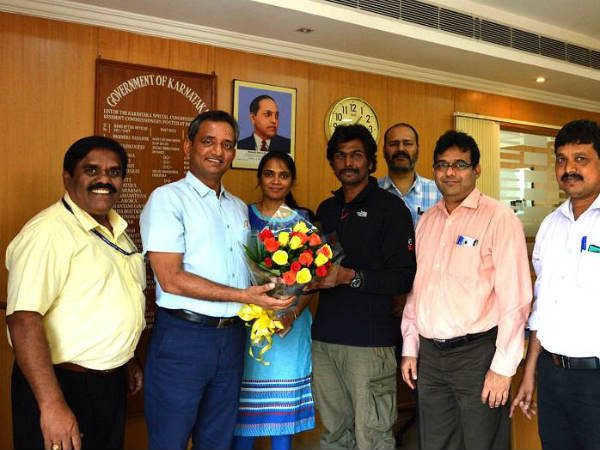
ASTHMATIC MOUNTAINEER
The fact that he was born asthmatic did not stop Mr. Prabhakaran from climbing the highest mountain in the world. “Doctor told my parents that asthma is not curable but can be kept under control by ensuring good physical activities. Physical activities, including kabbadi, karate, football, cricket kept me going strong. Initially, I was not keen on trekking, but I got to head the hiking club in college which led me towards mountaineering. I dedicate my success to all the frontline staff of the forest department who work hard day and night to save our forests,” he said.
The officer hopes to climb other mountain peaks with heights above 8000 meter soon, and Indian Masterminds wishes him all the best in this endeavor.

